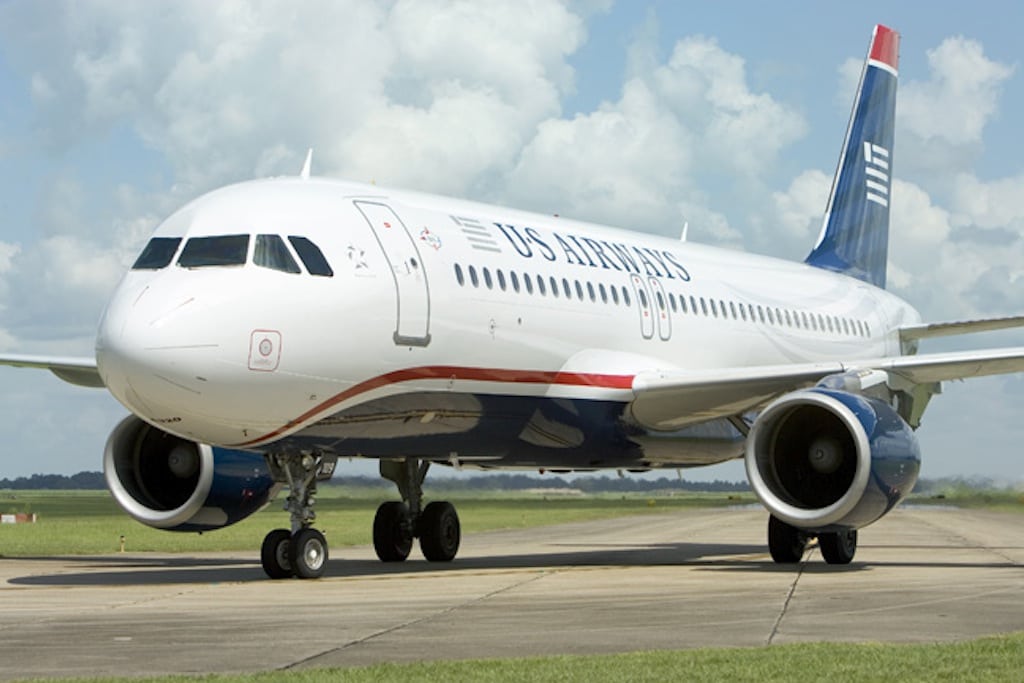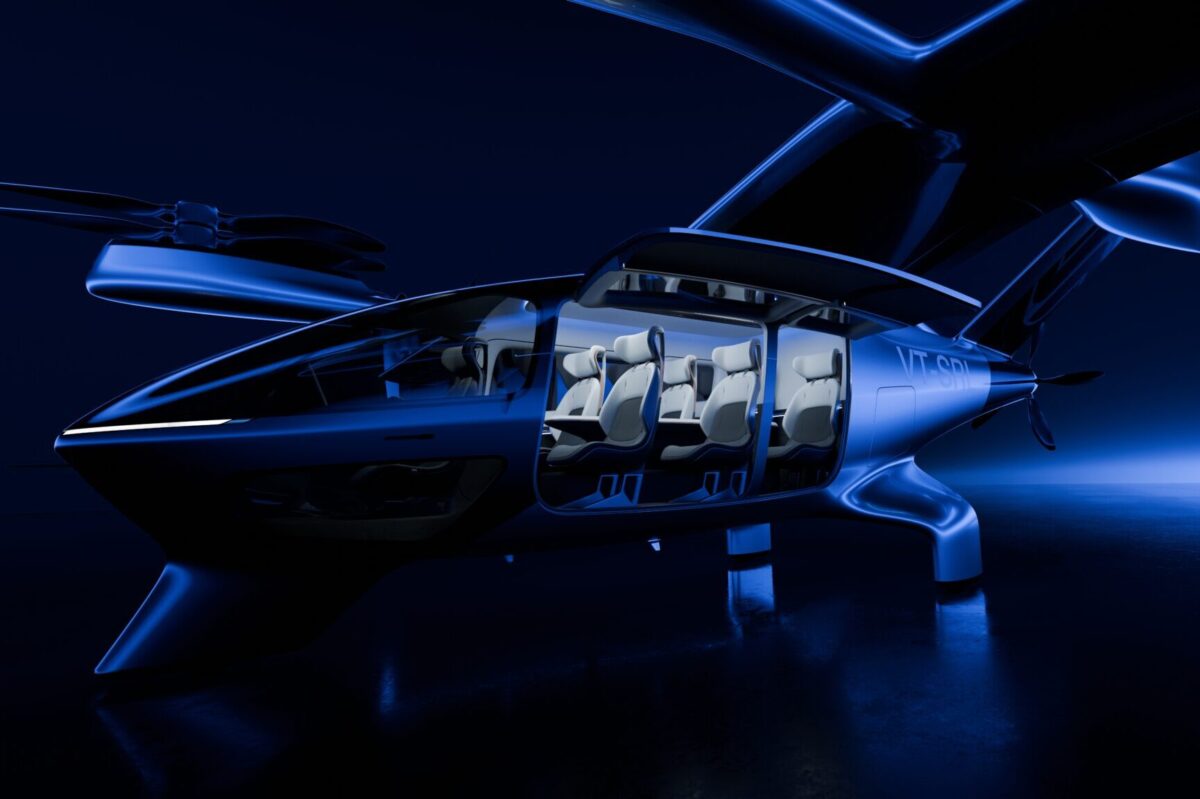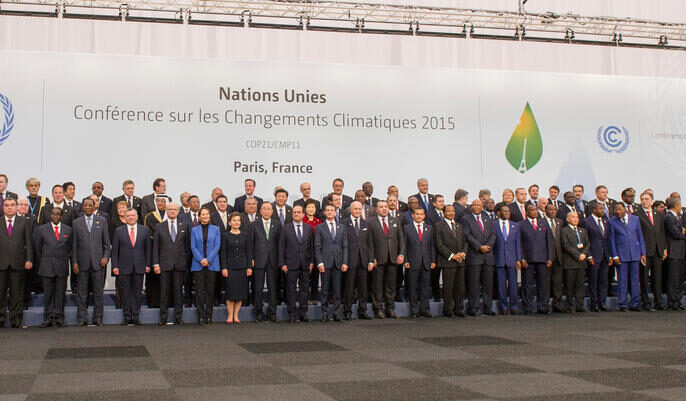US Airways traffic rises much faster than its revenue in run up to merger

Skift Take
Traffic on US Airways jumped 7.3 percent in June, but a key revenue measure rose more slowly and indicated that average fares aren't changing much.
Passenger revenue for every seat flown one mile rose 1 percent. That's a closely watched statistic in the airline industry, and it rises when an airline fills more seats or sells more tickets at higher prices.
The revenue statistic fell 4 percent in April and 1 percent in May, so June marked improvement for US Airways Group Inc.
The airline said Wednesday that passengers flew 6.25 billion miles last month, up from 5.83 billion miles in June 2012.
Traffic grew faster on U.S. flights than international trips overall. The exception was Latin America, where traffic soared 12.2 percent, more than double the growth of trans-Atlantic traffic, but Latin America accounted for only 8 percent of the airline's flying.
US Airways, the nation's fifth-biggest carrier, added seats and boosted capacity by 5.3 percent.
The average flight was 88.2 percent full, compared with 86.5 percent a year earlier.
Including regional flights under the US Airways Express brand, traffic last month rose 7 percent, capacity increased 4.9 percent, and the average flight was 85.7 percent full compared with 84.2 percent in June 2012.
For the April-through-June quarter, traffic on US Airways and its Express subsidiary rose 5.7 percent and capacity increased 3.9 percent.
US Airways expects to close its merger with American Airlines parent AMR Corp. in the next several weeks, pending approval from U.S. antitrust regulators and the federal judge hearing AMR's bankruptcy case. In the last few days, 19 states joined the Justice Department's review of the merger, and an antitrust lawyer in California sued to block the deal.
JP Morgan Chase analyst Jamie Baker said Wednesday that the airlines could be required to sell some takeoff and landing slots at Washington's Reagan National Airport but that "would not diminish our broader enthusiasm" for the deal.
Baker said in a note to clients that with a federal pension agency, Boeing Co. and the pilots' union supporting the merger, rejection of the deal seems highly unlikely.
![]()




